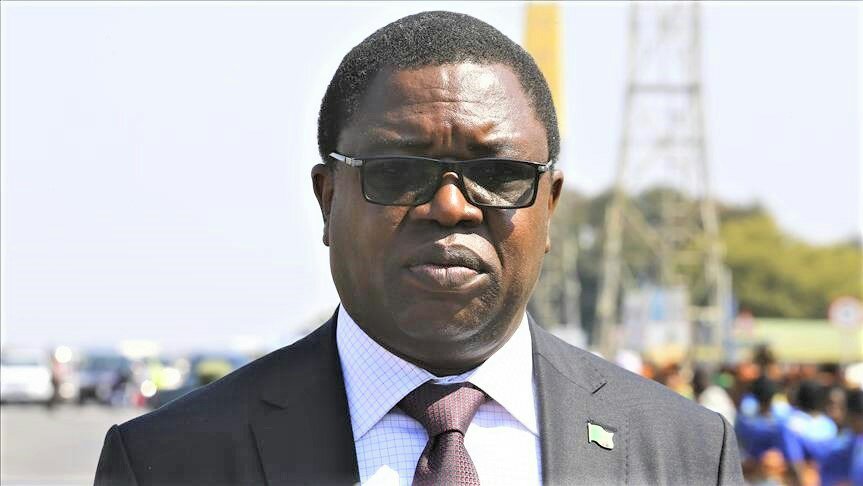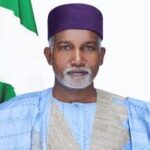Zambia’s political landscape has been shaken after former Foreign Minister Joseph Malanji was sentenced to four years in prison with hard labour following his conviction on corruption charges. Malanji, a close ally of late President Edgar Lungu, was found guilty on seven counts of acquiring properties and helicopters suspected to be proceeds of crime, according to reports from the state broadcaster.
Malanji’s conviction marks one of the most high-profile corruption cases in Zambia’s recent history. Alongside him, former Treasury Secretary Fredson Yamba was also sentenced to three years in prison for authorizing the transfer of more than $8 million (£6 million) to Zambia’s diplomatic mission in Turkey without providing proper justification. The ruling came after a detailed trial process that highlighted misuse of public office and the abuse of state resources.
Magistrate Ireen Wishimanga, who presided over the case, noted that she had exercised “leniency” in sentencing both men since they were first-time offenders and had presented spirited arguments in mitigation. Still, the verdict is being viewed as a landmark in Zambia’s ongoing battle against corruption.
Malanji, who served as Foreign Minister from 2018 to 2021, was a key figure in Edgar Lungu’s government. He was popularly known by the nickname “Bonanza” for his generosity and accessibility among ordinary citizens. However, his political career has now ended in disgrace, reinforcing concerns about systemic corruption within the Patriotic Front (PF) government that preceded President Hakainde Hichilema’s administration.
Since assuming office four years ago, President Hichilema has repeatedly promised to root out corruption and restore accountability in public service. The conviction of Malanji and Yamba will likely be hailed by his supporters as proof of his government’s commitment to fighting graft. However, critics argue that corruption is still widespread in Hichilema’s own administration, noting that none of his current ministers have been dismissed or prosecuted despite allegations of misconduct.
Adding further strain, Zambia’s fight against corruption recently drew international scrutiny when the United States cut $50 million in health sector funding. Washington accused Zambia of “systematic theft” of medical donations and said it was “no longer willing to underwrite the personal enrichment of fraudsters.” While Zambia’s government promised to investigate, no prosecutions have followed, raising doubts about the sincerity and consistency of anti-corruption efforts.
The political backdrop has been further complicated by the passing of former President Edgar Lungu in June while in South Africa. His death has sparked a prolonged dispute between his family and the Zambian government over funeral arrangements, leaving his body unburied months later. The undignified standoff has cast a shadow over his legacy and further polarized Zambia’s political climate.
Malanji’s downfall underscores the challenges Zambia faces in addressing entrenched corruption and restoring public trust in governance. Transparency International continues to rank the country among the world’s most corrupt nations, a reality that hinders development, discourages foreign investment, and erodes confidence in state institutions.
As Zambia reflects on this high-profile conviction, many citizens are left asking whether the fight against corruption will truly be impartial and far-reaching or whether it will remain a politically selective tool. For now, the sentencing of Joseph Malanji, once a powerful minister nicknamed “Bonanza,” stands as a stark reminder that public office carries both privilege and accountability.














Leave a comment